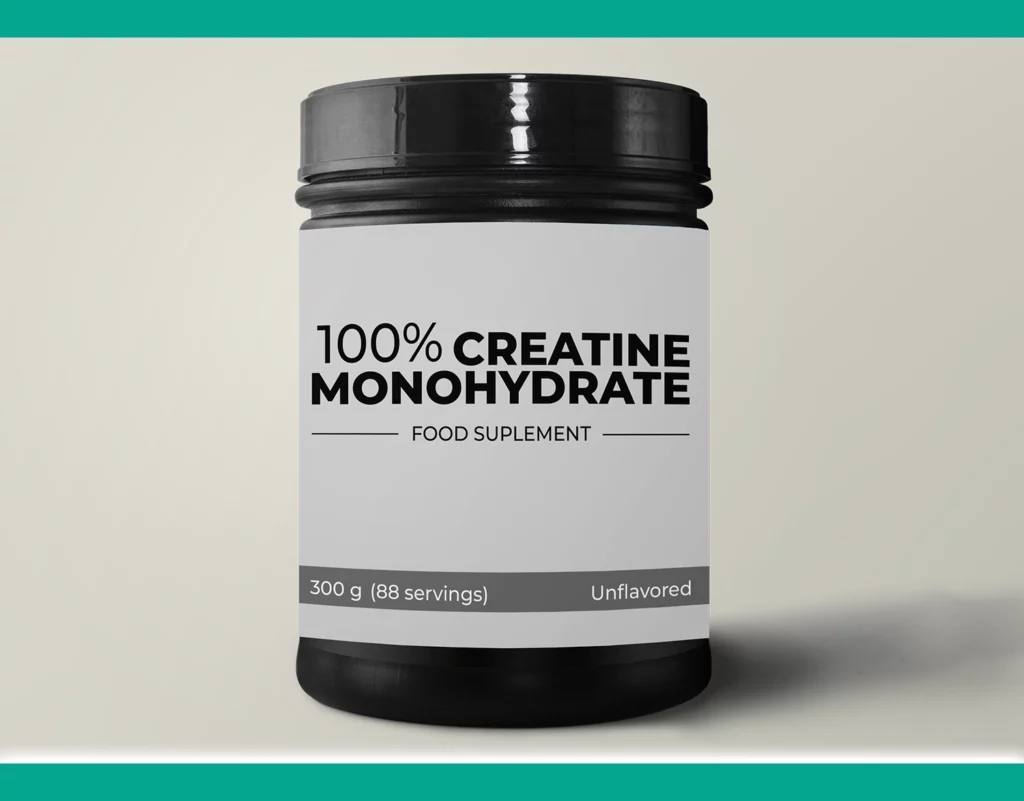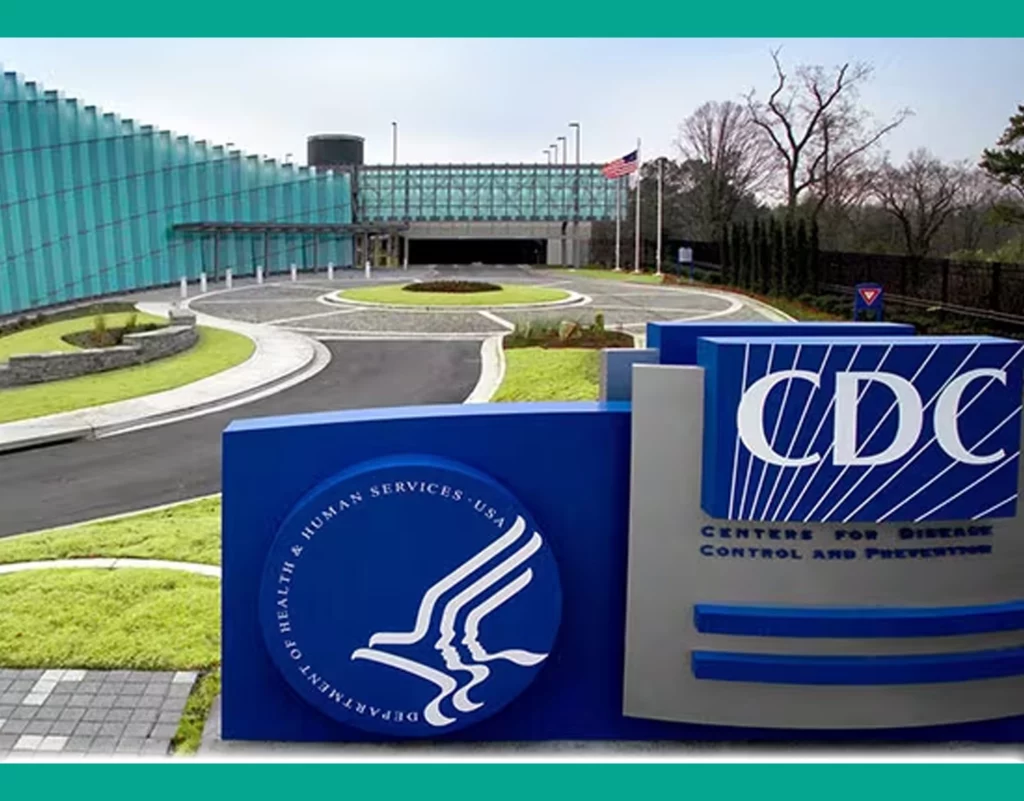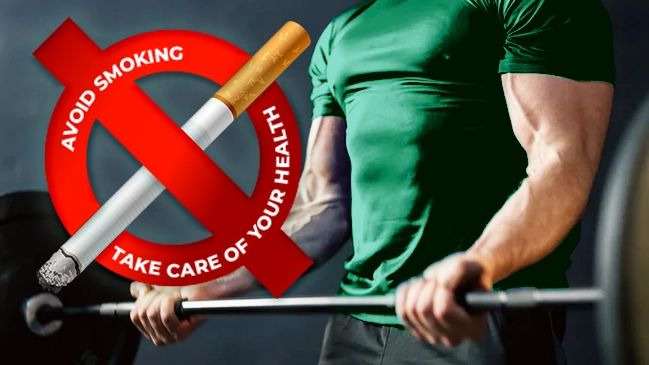Emerging research suggests a potential negative impact of nicotine on muscle growth, known as hypertrophy. Despite conflicting evidence, some studies indicate a link between nicotine and athletic performance. Hypertrophy involves muscle fiber growth in response to stress, with exercise inducing microscopic tears that prompt repair and growth. Hormones like testosterone and growth hormone play crucial roles in this process. Nicotine, found in tobacco, poses health risks, and its influence on muscle growth remains inconclusive.
This article explores the relationship between nicotine, muscle growth, and athletic performance, providing insights on the complex topic and offering guidance on quitting nicotine use.
CAN NICOTINE AFFECT MUSCLE GROWTH?
Nicotine can impede muscle growth by disrupting protein synthesis for repair, as indicated in a 2017 review. An earlier study from 2007 revealed smoking’s negative impact on muscle processes, reducing repair protein production and suppressing muscle-maintaining genes. Additionally, nicotine in tobacco smoke may exacerbate muscle breakdown, causing inflammation and oxygen delivery issues. A 2020 review suggests quitting smoking can reverse these adverse effects. Further research is needed to fully comprehend nicotine’s impact on physical performance and muscle growth.
DOES NICOTINE AFFECT ATHLETIC PERFORMANCE?
Nicotine’s impact on athletic performance remains inconclusive. While some studies suggest it may increase heart rate, blood pressure, and blood flow, potentially enhancing performance, conflicting evidence highlights its negative effects. Nicotine’s ability to reduce testosterone production and elevate cortisol levels poses risks to muscle growth, recovery, and overall performance. Limited evidence indicates potential improvements in motor skills, yet comprehensive understanding is hindered by study limitations. Further research is essential to elucidate the complex relationship between nicotine and athletic performance.
OTHER STIMULANTS THAT POSSIBLY HAVE AN EFFECT ON MUSCLE GROWTH:
Nicotine, considered a stimulant by health experts, shares this classification with supplements used for muscle growth and performance. An example is caffeine, present in coffee and some sports supplements, which enhances heart rate and biological processes, potentially improving athletic performance. A 2020 review of 11 studies found caffeine’s positive impact on exercise performance, with a greater effect observed in aerobic activities compared to muscle-building exercises.
SIMPLE TIPS FOR BOOSTING MUSCLE GROWTH:
Engage in consistent resistance training for muscle growth. Try techniques like upper-lower body supersets and drop sets, recommended by health experts for maximizing muscle mass.
Other simple tips that can have a positive impact on muscle growth are:
- Consider hiring a personal trainer for personalized guidance.
- Experiment with free weights to diversify your workout routine.
- Incorporate leg exercises to target large muscle groups effectively.
- Opt for fewer repetitions with increased weight to challenge your muscles.
- Prioritize ample rest between exercises and workouts to facilitate recovery.
- Gradually escalate exercise intensity for continuous improvement.
- Ensure an adequate protein intake to support muscle growth.
- Explore functional training techniques for a dynamic approach.
- Prioritize compound movements for comprehensive muscle engagement.

Consider incorporating creatine, a compound naturally found in the body and food, to enhance muscle growth and exercise performance. Research consistently supports its safety and effectiveness for both short-term and long-term use.
BREAKING THE HABIT: Nicotine Quitting Techniques (1)
Nicotine’s strong addictive nature leads to withdrawal symptoms during cessation attempts. The US-based Centers for Disease Control and Prevention (CDC) extends its support globally, offering resources for individuals outside the US territory. Besides providing phone, text, and app assistance, the CDC shares insights on some useful advice that can help to quit nicotine:
- Medication adjustments can be useful because certain medications, such as nicotine replacement therapy (NRT) or prescription medications, can help manage withdrawal symptoms and cravings.
- Stay Busy: Keep yourself occupied or find a healthy distraction to avoid thoughts of smoking.
- Recognize and avoid environments and situations that make you crave nicotine and find alternatives or coping mechanisms.
- Substitute smoking with safer and healthier habits, such as exercise, chewing gum, cinnamon sticks, or deep breathing tecnhiques.
- Consider Nicotine Replacement Therapy (NRT): Explore options like patches, gum, or lozenges to ease withdrawal symptoms.
- Seeking support from other people during the quit-smoking journey. Inform friends and family about your decision, and consider joining a support group.
- Reward Yourself: Celebrate milestones and achievements in your journey to stay motivated.
- Stay Positive: Focus on the benefits of quitting, such as improved health and financial savings.


